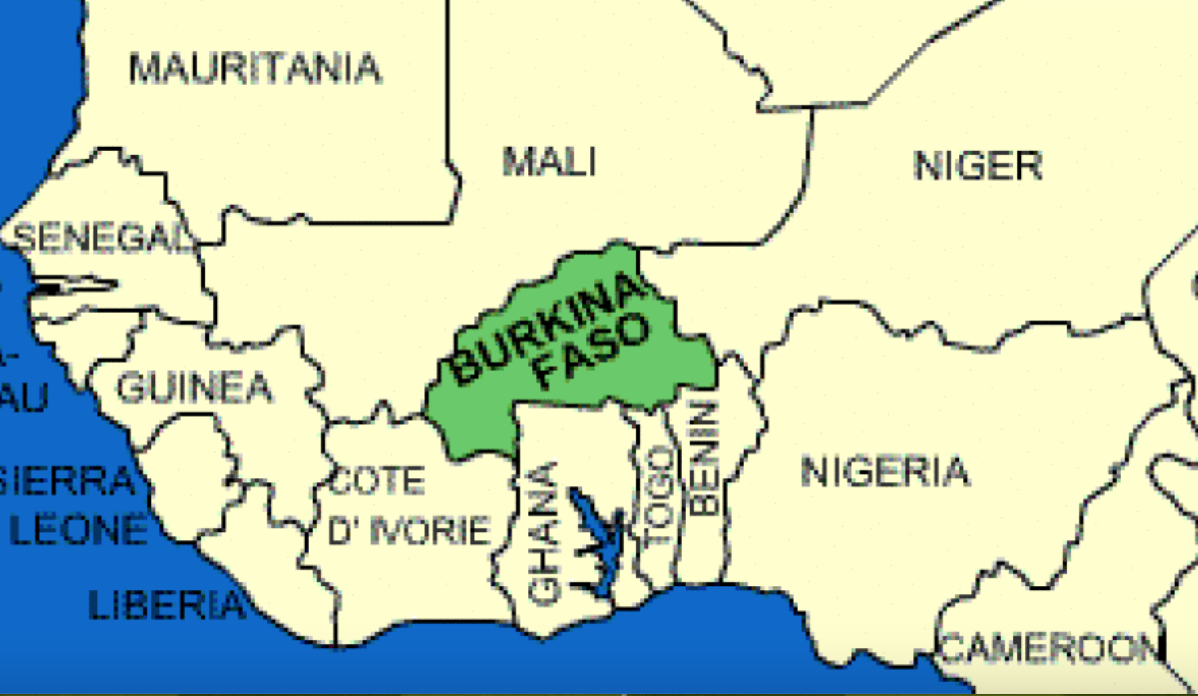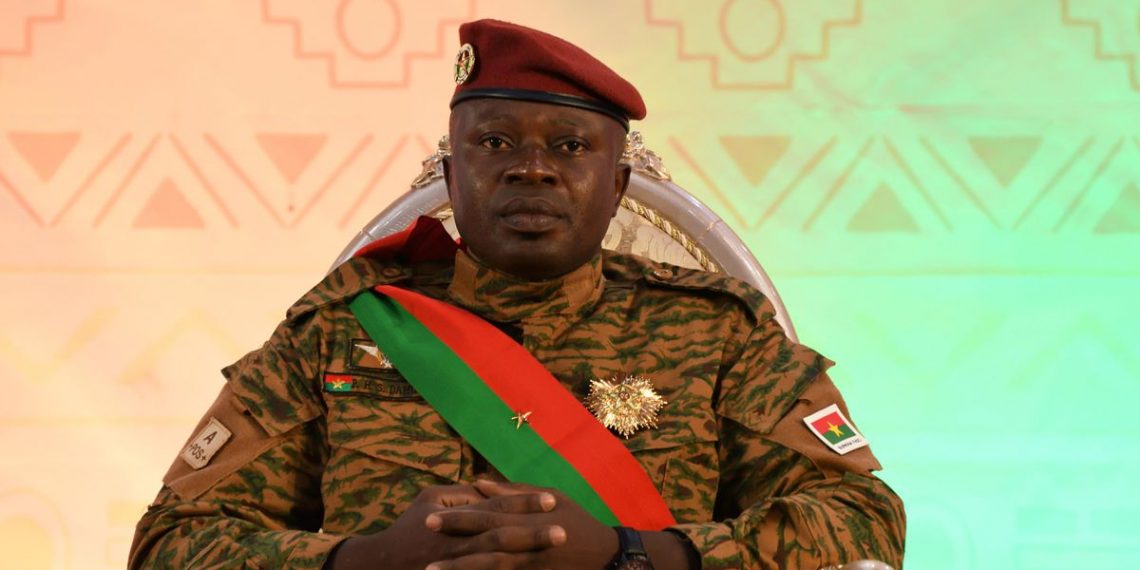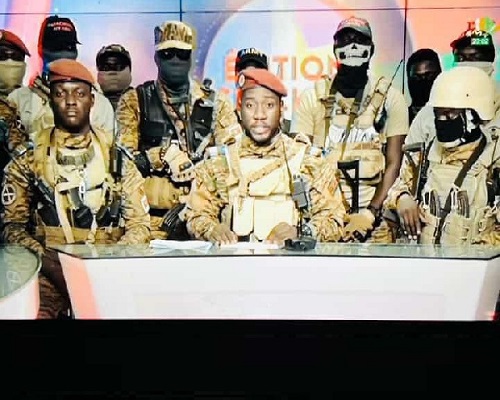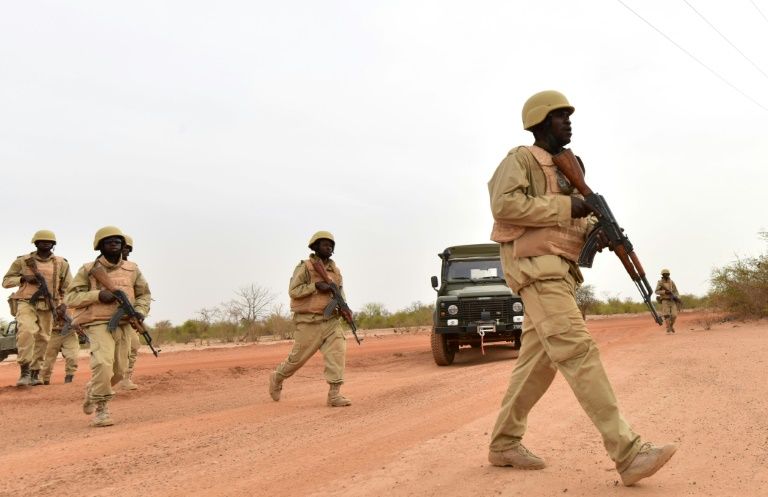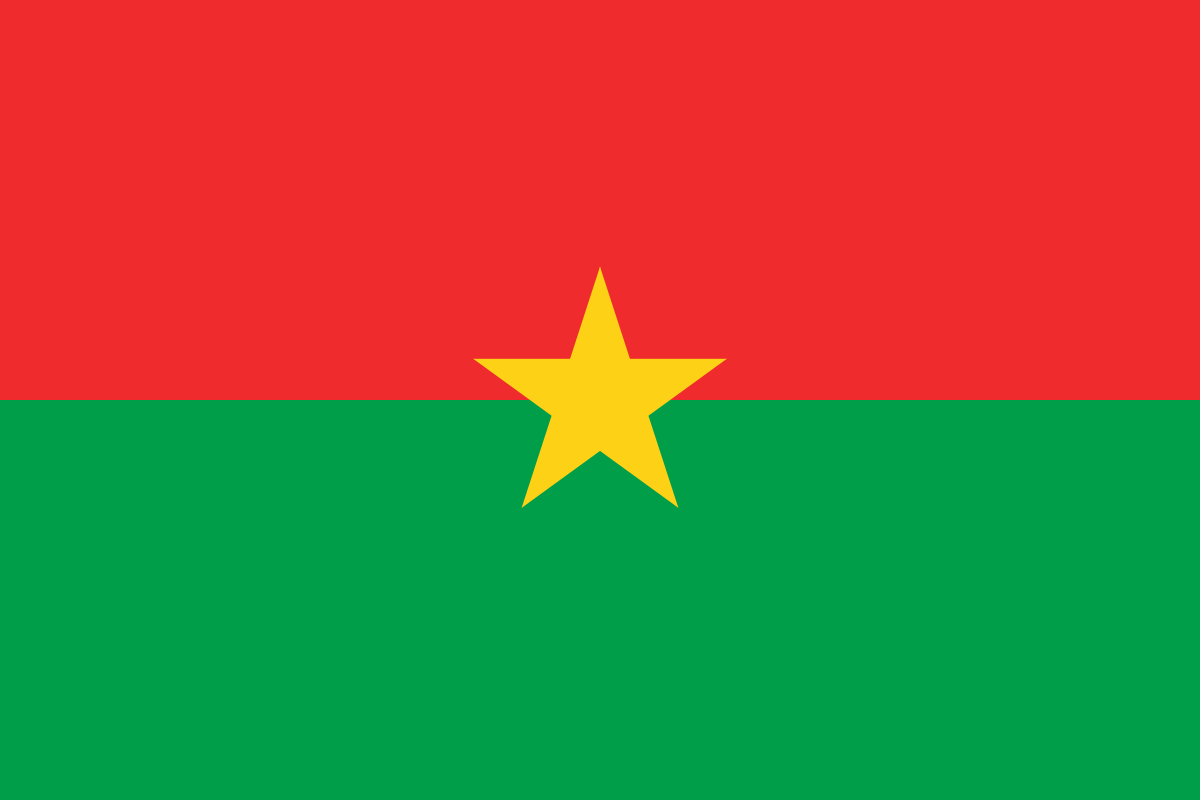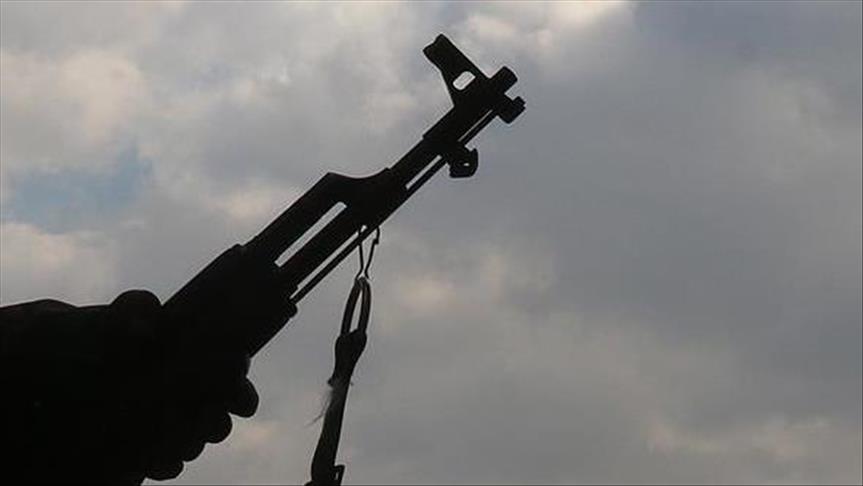Heavy gunfire rang out from the main military camp and some residential areas of Burkina Faso’s capital on Friday and a large blast was heard near the presidential palace.
Armed soldiers took up positions along the avenue leading to the presidency and blocked access to administrative buildings and the national television, which had stopped broadcasting, according to reports.
Military vehicles were also along several streets remained deserted as residents stayed indoors.
A government spokesman could not be reached.
It was not clear yet if this was a coup attempt but it bore the hallmarks of other power grabs that have swept across West and Central Africa over the past two years.
A military junta led by Colonel Paul-Henri Sandaogo Damiba took power in Burkina Faso in a coup on Jan. 24.
Damiba’s whereabouts is unknown; his government had been expected to hold a press conference on Friday afternoon to brief the media on the security situation and recent attacks.
His January takeover was largely celebrated by civilians fed up with former President Roch Kabore’s civilian government that was unable to rein in Islamist militants linked to Islamic State and al Qaeda.
The militants have killed thousands of civilians in recent years and taken over large parts of the north and east.
In his first statement after the January coup, Damiba, often seen in public in military fatigues and aviator sunglasses, pledged to restore security.
But attacks in the impoverished West African country have worsened and the army is in disarray.
The rank and file, which gave Damiba their support in January, have grown frustrated at the lack of progress, security sources say.
This week, unknown assailants killed 11 soldiers in an attack on a 150-vehicle convoy taking supplies to a town in northern Burkina Faso, fifty civilians are missing.
Militants have blockaded areas of the north, leaving communities stranded.
Government convoys and air drops deliver essential goods to trapped civilians.
Meanwhile, many cities and towns not under siege have seen their populations swell as people flee the violence from the countryside.
Health systems are stretched. Drought has led to high levels of malnutrition.
Protests against the military have cropped up in cities across Burkina Faso this week, including one in the northern town of Kaya on Saturday, to demand that the government do more to improve the security situation.
Much of the country has become ungovernable since 2018, millions have fled their homes, fearing further raids by gunmen who frequently descend on rural communities on motorbikes.
Thousands have been killed in attacks.
Burkina Faso has become the epicentre of the violence that began in neighbouring Mali in 2012 but which has since spread across the arid expanse of the Sahel region south of the Sahara Desert.
As well as Burkina Faso, Mali, Chad, and Guinea have all seen coups since 2020, raising fears about a backslide towards military rule in a region that has made democratic progress in recent decades.
